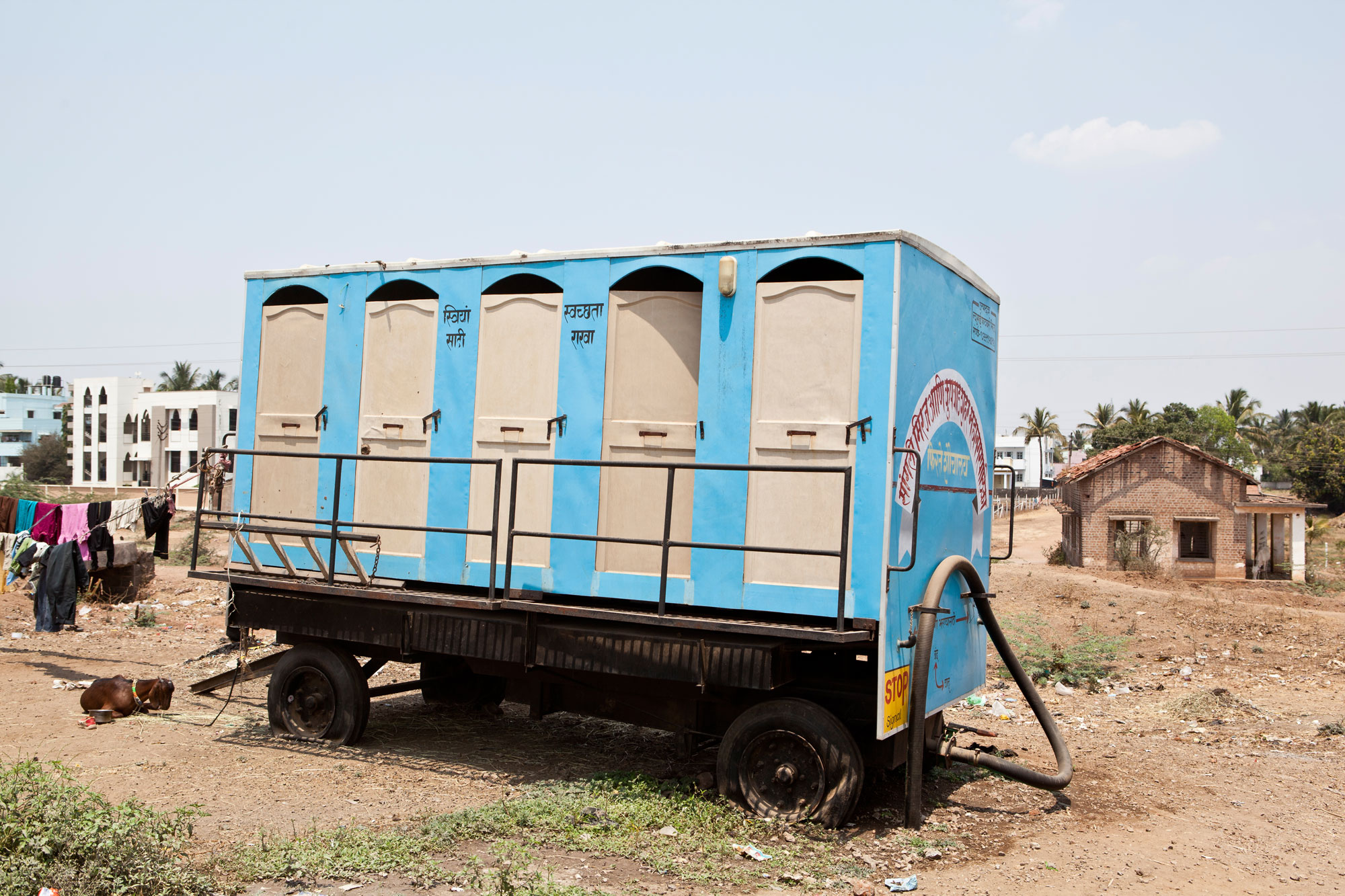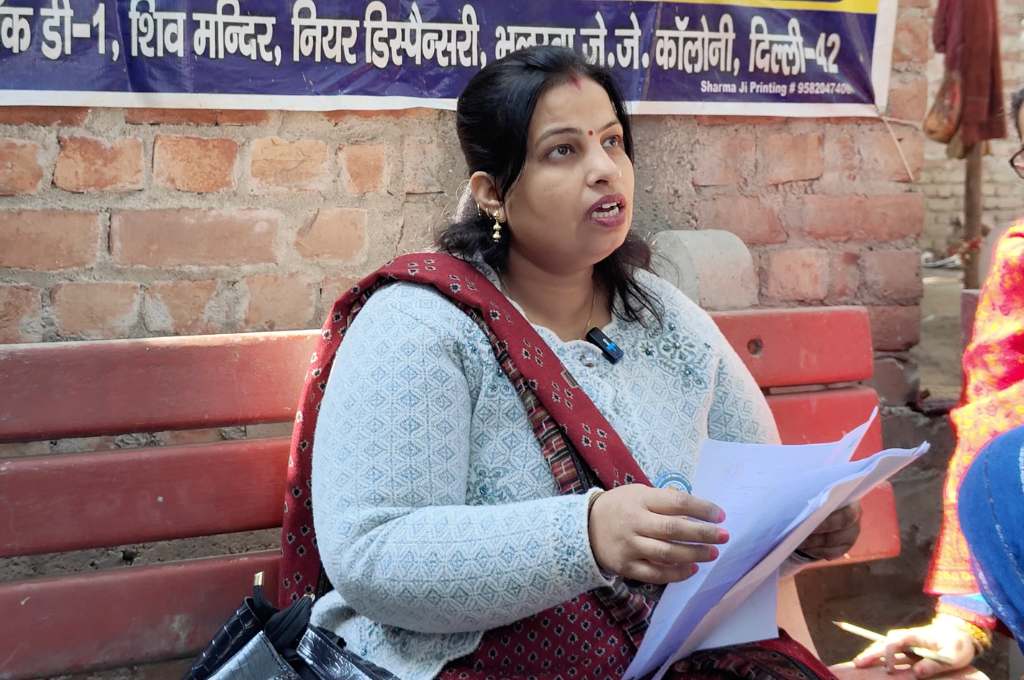Development problems are hard problems. Not only are targets ambitious–say, raise entire populations out of poverty–solutions also play out over decades. Since feedback loops are prolonged, it’s hard to know whether your solutions are working or not.
Which is why there’s a strong tendency to see what has worked in other markets and geographies and try to reapply it. Unfortunately, copy-paste does not work in development.
Rural Sanitation in Bihar
Back in 2012, my colleagues and I at Monitor Inclusive Markets (now FSG India) set out to develop a market-based solution to the rural sanitation problem in Bihar.
What was the problem? Four out of five households in rural Bihar did not have toilets and were defecating in the open. A key element of our analysis was to look at global analogues. After all, why reinvent the wheel?
This is what has worked in sanitation in other markets:
- Behaviour change communication, focused on the health benefits of using toilets, has had a huge impact in reducing open defecation in Bangladesh.
- Extremely low-cost, makeshift toilets (under Rs 3,000) have played a key part in driving toilet coverage in low-income countries.
- One-stop shops, where customers can purchase a complete toilet, have shown great results in markets like Cambodia. As an expert said in one of our workshops, “One-stop shops are the holy grail. If that’s not what we’re going to do, what’s the point?”
Except that these don’t work. Not in Bihar. Based on our research and interviews with more than a thousand households, we learned that:
1. Several years of health-focused behaviour change communication hadn’t worked in Bihar.
- Baseline demand for toilets already exists. A lot of people want toilets. And not for health reasons. People desire safety, convenience and privacy (in that order), given the dense settlements in Bihar.
- So lack of demand is not the bottleneck. Ability to pay is the constraint. Along with lack of information on good quality toilets.
2. Households in Bihar know what expensive toilets look like. And aspire for them.
- Unlike many other developing markets, supply chains in India are very well-developed. Most basic products are available in rural areas.
- The toilet subsidy in India (more than Rs 10,000 in recent times) has also pushed the minimum acceptable standard higher. Even in areas where the subsidy is hard to access.
3. One-stop shops are not valued either.
The key benefits of a one-stop shop are (a) easy access to products and (b) convenience. But are they needed in Bihar?
- Most products are already available within a 2-5km radius.
- Rural customers don’t value convenience. Lack of time is not really a constraint for most households.
Just because something has worked in other markets doesn’t mean it will work here. And this was not our experience alone.
M-Pesa is an incredible success story in Kenya. Given low bank penetration and high mobile coverage in that market, using phones for money transfer made financial transactions simple. The result: M-Pesa grew at a blistering pace, reaching volumes equal to 43 percent of Kenya’s GDP within six years.
However, when Vodacom tried to do the same thing in Tanzania, it took much longer to scale and required several changes to the business model. This, despite bank penetration in Tanzania being even lower than Kenya. And, multiple attempts to break into the South African market haven’t succeeded.
This is not just about national borders. A vast country like India is a collection of several mini-Indias. All with distinct contexts. Milk cooperatives have been wildly successful in improving farmer incomes in Gujarat. But attempts to replicate the same model in other parts of the country haven’t really worked.
And sanitation is no different.
Sanitation in Bihar vs. Rajasthan
After Bihar, when we looked at Rajasthan for a later project, our findings were starkly different. Unlike Bihar, many parts of Rajasthan are sparsely populated. So, people often don’t find open defecation inconvenient at all. Bihar and Rajasthan may be part of the same acronym–BIMARU (Bihar, Madhya Pradesh, Rajasthan, Uttar Pradesh)–but the contexts are very different.
A vast country like India is a collection of several mini-Indias. All with distinct contexts.
And solutions are unlikely to be the same. Supply side interventions such as making toilet construction easy, wouldn’t be enough to raise toilet coverage in Rajasthan. Demand generation efforts focused on the key need of the local population (which isn’t convenience, but may not be health either) will likely play an important role.
Key takeaways
1. Don’t assume that if something has worked in one place, it will work elsewhere. The map is not the territory; local context is more important than we think.
2. We need to start from first principles: What do customers need? What do they aspire for? And how can we deliver that?
Further reading
If you would like to learn more about the Bihar Rural Sanitation project, you can find the project output and a summary white paper here. If you would like a shorter, snappier version, please read Jithamithra’s article here.
Disclaimer: Views presented here are of the authors alone and do not represent the views of FSG/Monitor Inclusive Markets.






